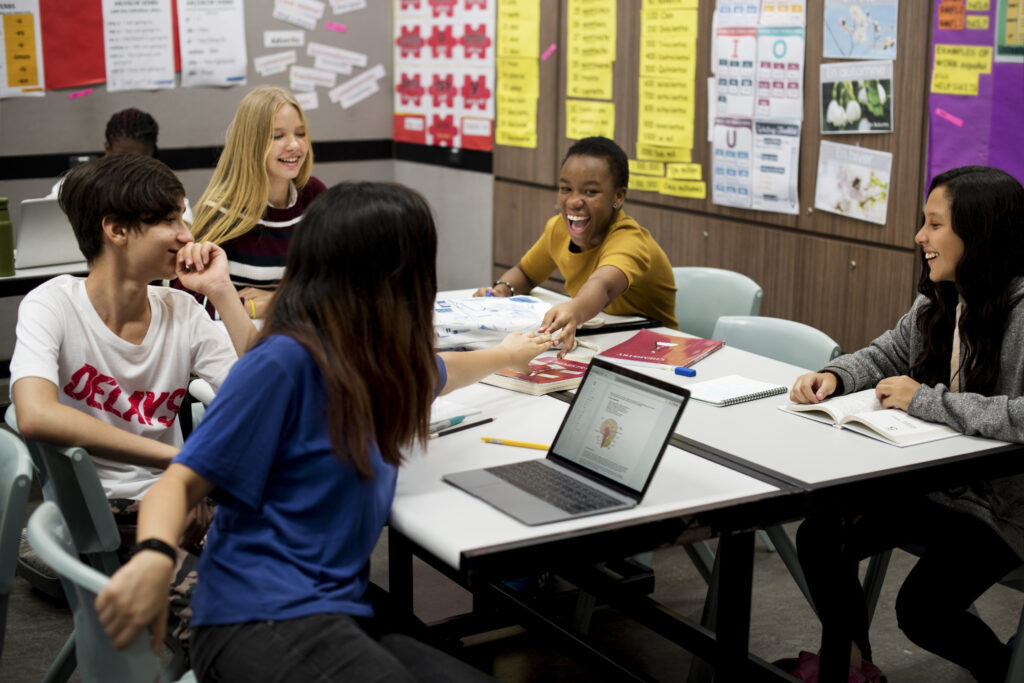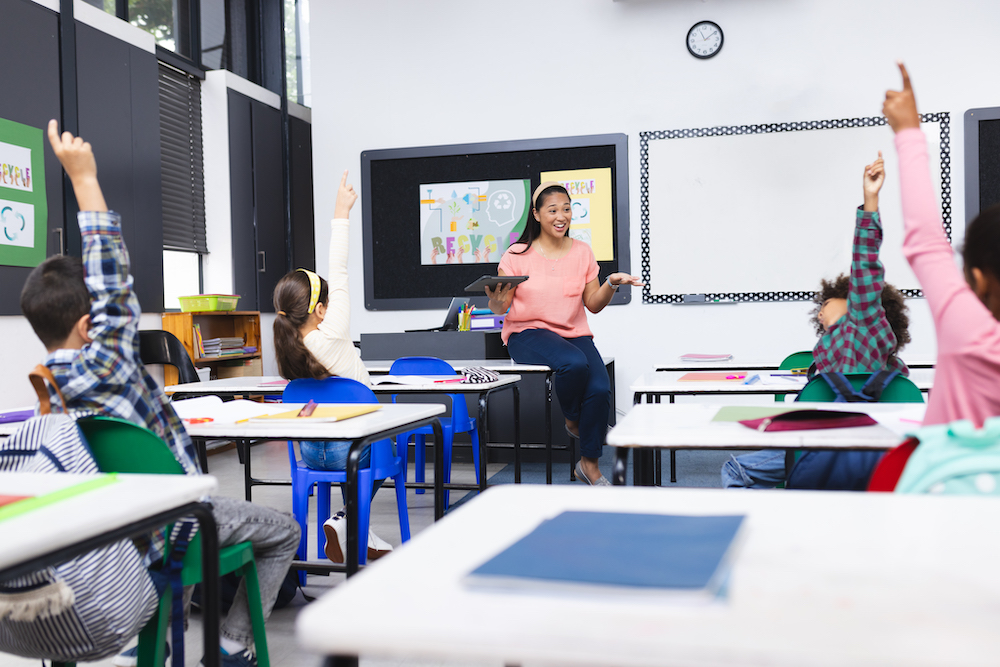Partner Voices: Nebraska Department of Education
Instruction Partners provides end-to-end, shoulder-to-shoulder support to state education agencies, from strategy and planning through implementation and continuous improvement.
In this video, two leaders from the Nebraska Department of Education (NDE) share what it’s been like to engage Instruction Partners to help develop a unified vision for exceptional, equitable materials and instruction, and support continuous improvement efforts statewide.
In recent years, the NDE shifted from primarily operating as a regulator to becoming a capacity builder, and is now creating systems of support for schools and systems across the state.
“For a while the NDE has really been seen as a regulator, just ensuring that we’re providing the rules and regulations and our schools are abiding by those,” says Shirley Vargas, NDE’s school transformation officer. “Simultaneously, we have been undergoing a paradigm shift around also being capacity builders, and providing support for our schools and districts.”
The department is now working to develop a strong central vision for high-quality materials and equitable instruction.
“The selection of instructional materials can still be a local decision, but we wanted to elevate conversations around quality, selection processes, and support for implementation,” says Cory Epler, NDE’s academic officer. “The other thing that’s really top of mind for me is the efforts that we’ve initiated around equity and trying to be mindful of looking at our work through an equity lens and ensuring that we continue to support all students, yet also recognize that we do have student groups that are and continue to be underserved.”
Vargas adds, “When I’m thinking about equitable instruction, it’s definitely systems-focused and we’ve been leveraging our team to be able to more comprehensively talk about that work.”
The department engaged Instruction Partners to provide targeted support for individual school systems in service of scaling continuous improvement across the state.
“The continuous improvement process is something that every school, regardless of their designation, engages in,” says Vargas. “Instruction Partners [ensures] that our school leaders and teachers and district leaders have and are sustaining healthy habits around continuous improvement, that they’re able to ensure that there are processes in place that can outlive the partnership.”
“We’ve been able to help identify school districts that have very specific needs, and be able to partner them with Instruction Partners for a much more customized, individualized experience,” says Epler.
Instruction Partners is building NDE’s capacity to develop sustainable systems for supporting continuous improvement.
“One of the pieces that this partnership has made me really think critically about the work that I lead is the discrete skills and mental models that are needed to support our schools and districts to do this work long term,” says Vargas. “I’m thinking about coaching—what resource to bring, when to push, and when to pull. Those things are really critical. I’m a very small team, but this has me thinking about how we build up this capacity and do this work statewide. It’s exciting.”
“It’s been really helpful to have someone push us,” adds Epler. “The external perspective really brings this level of clarity that often in an internal group we might not get to. Our hope is that we can learn from [Instruction Partners] and build systems that actually allow us to sustain the work beyond just a contract with an organization. I think that’s the value of high-quality partners in our efforts is really getting us to think about the sustainability of the work, and how we can ultimately empower others to take it statewide.”


